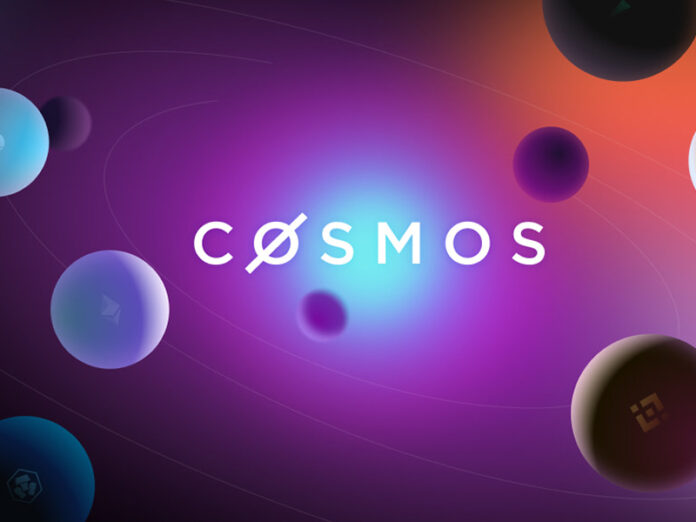Cryptocurrency has come a long way since the introduction of Bitcoin in 2009. Today, there are thousands of cryptocurrencies, each with its own unique features and use cases. One of the most promising developments in the world of cryptocurrency is the Cosmos Ecosystem, which offers a new paradigm for blockchain technology.
The Cosmos Ecosystem is a network of interconnected blockchains that allows for seamless communication and interoperability between different platforms. This means that developers can build applications that work across multiple blockchains and users can easily transfer assets between different networks like Atom, Juno, Osmosis and over 100 others. In contrast, Ethereum, the second-largest cryptocurrency by market capitalization, is a single blockchain that allows developers to build decentralized applications (dApps) on top of it. While Ethereum has been successful, it has faced scalability issues and high transaction fees.
The Cosmos Ecosystem addresses these issues by offering a more scalable and flexible approach to blockchain technology. It uses a modular architecture that allows for the creation of independent blockchains, each with its own unique features and use cases. These blockchains can then communicate with each other using the Inter-Blockchain Communication protocol (IBC), which allows for seamless interoperability between different platforms.
IBC is a key feature of the Cosmos Ecosystem, and it represents a major breakthrough in the world of blockchain technology. Enabling different blockchains to communicate opens up new opportunities for developers and users. For example, developers can build applications that leverage the strengths of multiple blockchains, and users can easily transfer assets between different networks.
So, how does the Cosmos Ecosystem compare to other cryptocurrencies, such as Bitcoin and Ethereum? While Bitcoin is the original cryptocurrency and remains the largest by market capitalization, it is limited in its functionality and scalability. Ethereum still faces scalability issues and high transaction fees compared to the Cosmos. The Cosmos Ecosystem offers a more scalable and flexible approach to blockchain technology, and it has the potential to revolutionize the way we think about cryptocurrency.





